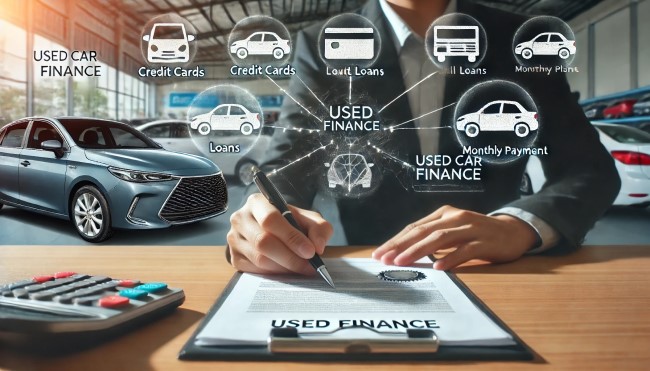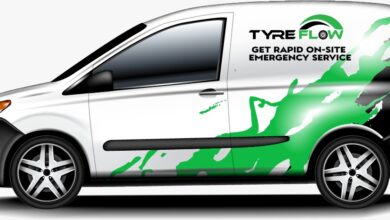Is Financing a Used Car Worth It? Breaking Down the Costs

Purchasing a used car is an exciting milestone but also a major financial commitment. With prices rising, more and more buyers are turning to car finance to spread the costs. But is taking on debt to fund your wheels worthwhile? Let’s break it down.
The Main Ways to Finance a Used Car
There are several ways to finance a used car purchase, each with its own pros and cons:
- Personal Contract Purchase (PCP) – With this type of car finance, you hire the vehicle for an agreed term, typically two to four years, with lower monthly payments. In the end, you either pay a final “balloon” payment to own the car, return it, or refinance the outstanding amount into a new agreement.
- Hire Purchase (HP) – This allows you to spread the total loan amount into fixed monthly repayments over 1-5 years. Once all payments are made, you own the car. Interest rates are fixed for the full term.
- Personal Loan – Rather than finance through the dealer, you can take out a general consumer loan from a bank. This can sometimes get better interest rates.
- Dealer Finance – Many dealerships have relationships with lenders to offer finance packages on cars.
- Credit Cards – For smaller used car purchases, some rely on credit cards for finance, earning rewards points in the process.
The Benefits of Used Car Finance
- Spreading the Cost – The main appeal of car finance in Swansea and other areas is to spread a large one-off payment into more manageable monthly instalments. This makes vehicles more affordable, especially newer used cars with higher asking prices. Finance allows buyers to purchase cars that are otherwise outside their budget.
- Building Credit – Finance also helps buyers with limited credit history to improve their scores. Making regular payments demonstrates financial responsibility and trustworthiness to future lenders. Just be sure to make repayments on time every month.
- Warranties and Maintenance Packages – Many car dealers include warranties, servicing deals and maintenance packages with finance deals. This provides peace of mind and budgeting for future costs.
- Lower Monthly Repayments – Used car finance tends to have lower monthly repayments than financing a new vehicle. Payments are spread over a shorter 2-4-year term before the car is owned outright. This balances flexibility with repaying the loan faster.
The Potential Drawbacks
- Interest Payments – Interest rates on car finance can be quite high. While spreading costs has advantages, you end up paying more in total over the loan term. However, those with excellent credit may qualify for lower interest rates, so shop around.
- Fees and Penalties – Lenders may charge administration fees, late fees, or early settlement penalties. Make sure you understand all charges involved before signing an agreement.
- Maintenance and Running Costs – While warranties and maintenance deals provide peace of mind, you still need to budget for fuel, road tax, MOTs, and insurance.
What Happens if You Can No Longer Pay?
Losing your income means you could default on the agreement. The car may be repossessed, and your credit score may be severely impacted. Protect yourself with payment protection insurance in case you can’t pay.
Overall, used car finance opens up more options for buyers and makes vehicles more affordable through manageable monthly repayments. Just be sure to understand all fees, read the fine print, and budget for ongoing costs. Carefully considering whether financing fits your budget and circumstances will lead to confident car buying.



